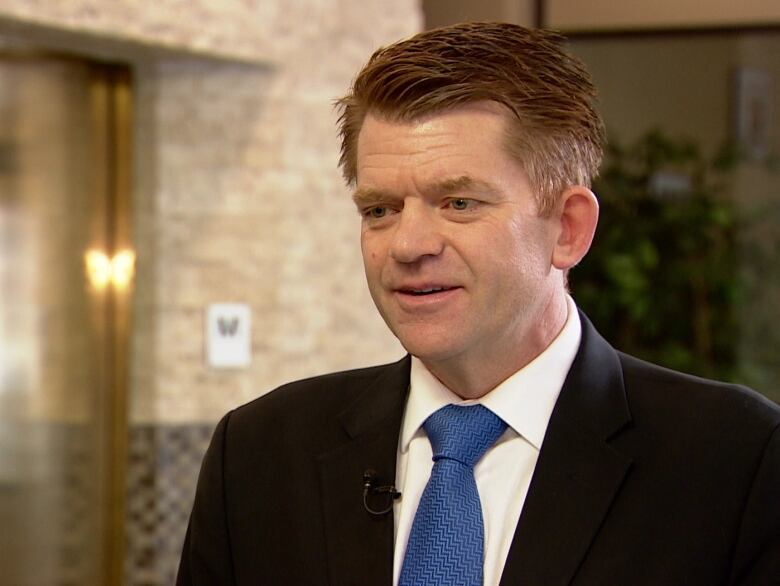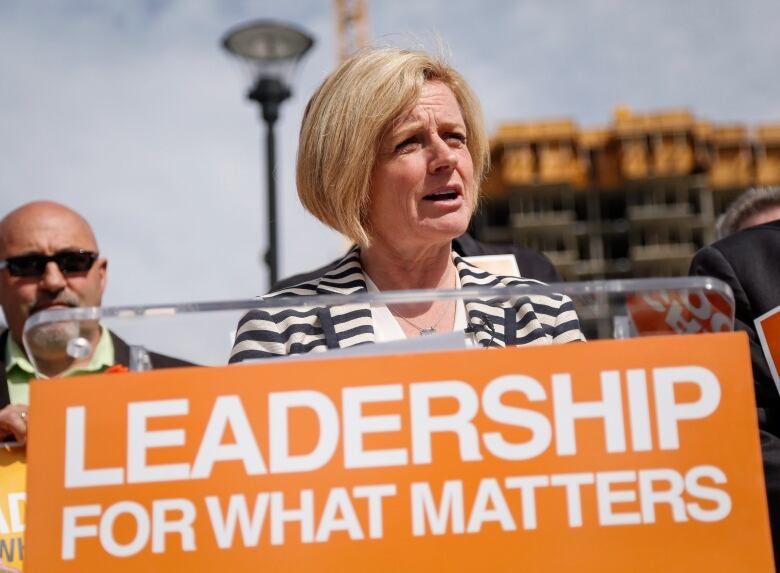Alberta election 2015: Can the PC dynasty defy their long odds?

Albertans are telling pollsters that they will elect an NDP majority government on Tuesday. But is that what they will actually do when they cast their ballots?
Seven polls were published between Thursday and Sunday, and all of them told the same remarkable story. The New Democrats were awarded between 37 per cent and 44 per cent support across these surveys, with Wildrosescoring between 21 and 27 per cent and the Progressive Conservatives between 20 and 30 per cent.
- 'Battleground Calgary:' Parties focus attention on city in election's final days
- Alberta NDP poised for historic breakthrough, poll suggests
- Brian Jean 'seriously frightened' by NDP or PC victory
- Alberta election poll: Economy, jobs top election issue, says ROI
Worse for PC Leader Jim Prentice is that all but one of those seven polls had his party at 24 per cent or less, whereas all but two of them had Wildroseat least that high.

Based on these numbers, and having made impressive gains outside of the party's stronghold in Edmonton, the New Democrats would likely win a majority government (or fall just short of one), with Wildrosehaving the edge on the Tories for the Official Opposition role.
It would be an historic outcome for many reasons.
The Alberta PCs have held power in since 1971 and last placed third in 1963. The New Democrats have never won more than 16 seats or 29 per cent of the vote. The Liberals, credited with between 5 per cent and 10 per cent of the vote in the recent polls, could be on track for their worst performance since 1982. And Wildrose could win the largest number of seats that any party outside of the traditional three has won since Social Credit.
Despite the consistency of the polls, there is still widespread skepticism the NDP will win.
In any other province, the kind of lead the NDP has built in the polls would not be questioned. The numbers are actually very similar to the last week of polling in the 2014 Quebec provincial election, yetno one doubted the Liberals were about to replace the Parti Qubcois in government.
But this is Alberta, and the memory of 2012 (as well as 43 years of PC government) colours the view. In the last week of the last campaign, Albertans were telling pollsters they were ready to elect a Wildrose government, only to re-elect the PCs for the 12th consecutive time.
However, in that final week of the 2012 campaign, Wildrose held an average lead of only eight points. In the 2013 provincial election in British Columbia, another recent example of voters overturning the estimations of the pollsters, the NDP led by an average of seven points.
In the most recent set of polls, the AlbertaNDP's lead over the PCs among decided voters stands at an average of 17 points.
Undecideds and uncommitted
The polls that report the number of undecideds show this cohort is still relatively large, averaging 15 per cent of those polled. That could represent some 200,000 voters on election day.
But even these voters might not be enough to prevent an NDP victory. The average lead the NDP holds in polls over the PCs, before the removal of undecideds, stands at about 14 points. In other words, the Progressive Conservatives would need more than 90 per cent of those undecidedsto cast a ballot for them to move into a tie with the NDP. A tall order.
In addition to wooing the undecideds, the PCs require a major shift among voters who are already leaning towards another party, but willing to change their minds.
The polls differ on how many of these voters remain, andgive no hint on who has the advantage. They are split on whether it is PC, NDP, or Wildrose voters who are most committed to their party of choice. The least attached are Liberal voters.
That is most definitely advantageous for the New Democrats, who are overwhelmingly Liberal supporters' second choice. And with about a third of ridings lacking a Liberal candidate, many Liberal supporters will be forced to make a second choice.
But there are few Liberal voters to begin with. The path to victory for the PCs or Wildroserequires a shift from one of the other big parties. Here again the polls point to no particular advantage. PC voters could move over to Wildrose. Wildrose voters could move over to the PCs, but also to the NDP. And NDP voters could shift over to the Liberals or Wildrose.
Even a large portion of PC voters say that the NDP is their second choice. If voters decide to cast their ballots strategically, they could go every which way.
Premier Notley?
The polls give no indication that Rachel Notley is vulnerable. Significantly more Albertans tell pollsters they see the NDP leader as the best person to be premier than they do Prentice.

And the momentum is decidedly in her favour. The ratio of Albertans who tell pollsters their opinion of her has improved compared to those who say their opinion has worsened is roughly five-to-one. The exact opposite is the case for Prentice.
Wildrose Leader Brian Jean, who trails in third on who would make the best premier and who has no such lopsided scores on whether he has impressed or disappointed voters, does not appear to be in a position to make gains.
Every indicator points to trouble for the PC dynasty. The New Democrats are beating the Tories on issues as disparate as jobs, taxes, healthcare and education, and one poll suggested Albertans are more worried about a PC victory than a win by the NDP.
In an election in which voters say government trust and accountability is an important issue, an issue the NDP scores well on, that is a stake to the heart of the PC's chances. The dynasty could still somehowlive to see another day and defy all the odds, which many Albertans still expect.
But that belief is based on the last 43 years of lived experience. Not thelast four weeks.
This article reviews trends in public opinion surveys. Methodology, sample size and margin of error if one can be stated vary from survey to survey and have not been individually verified by the CBC.












_(720p).jpg)


 OFFICIAL HD MUSIC VIDEO.jpg)
.jpg)



























































































